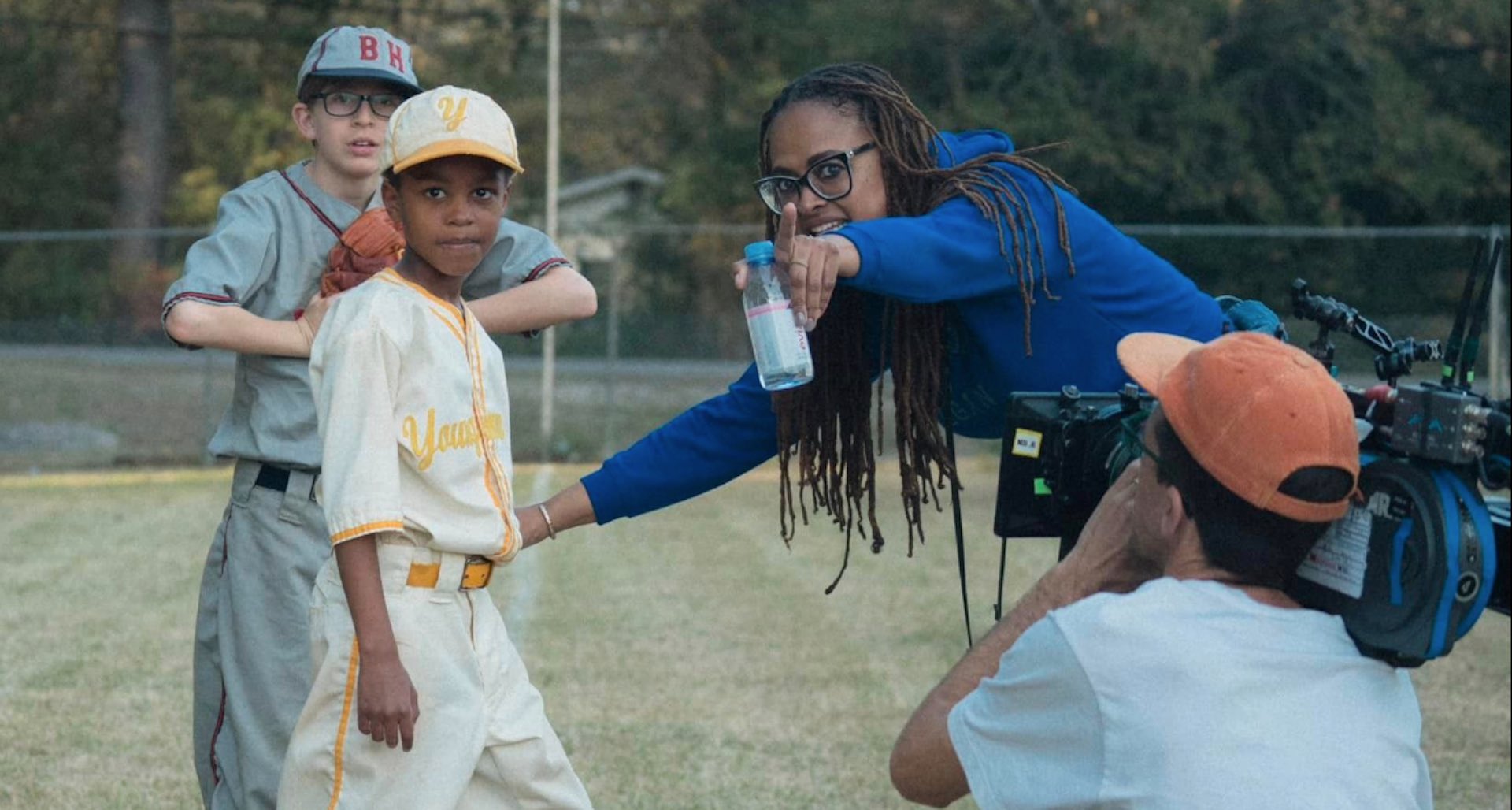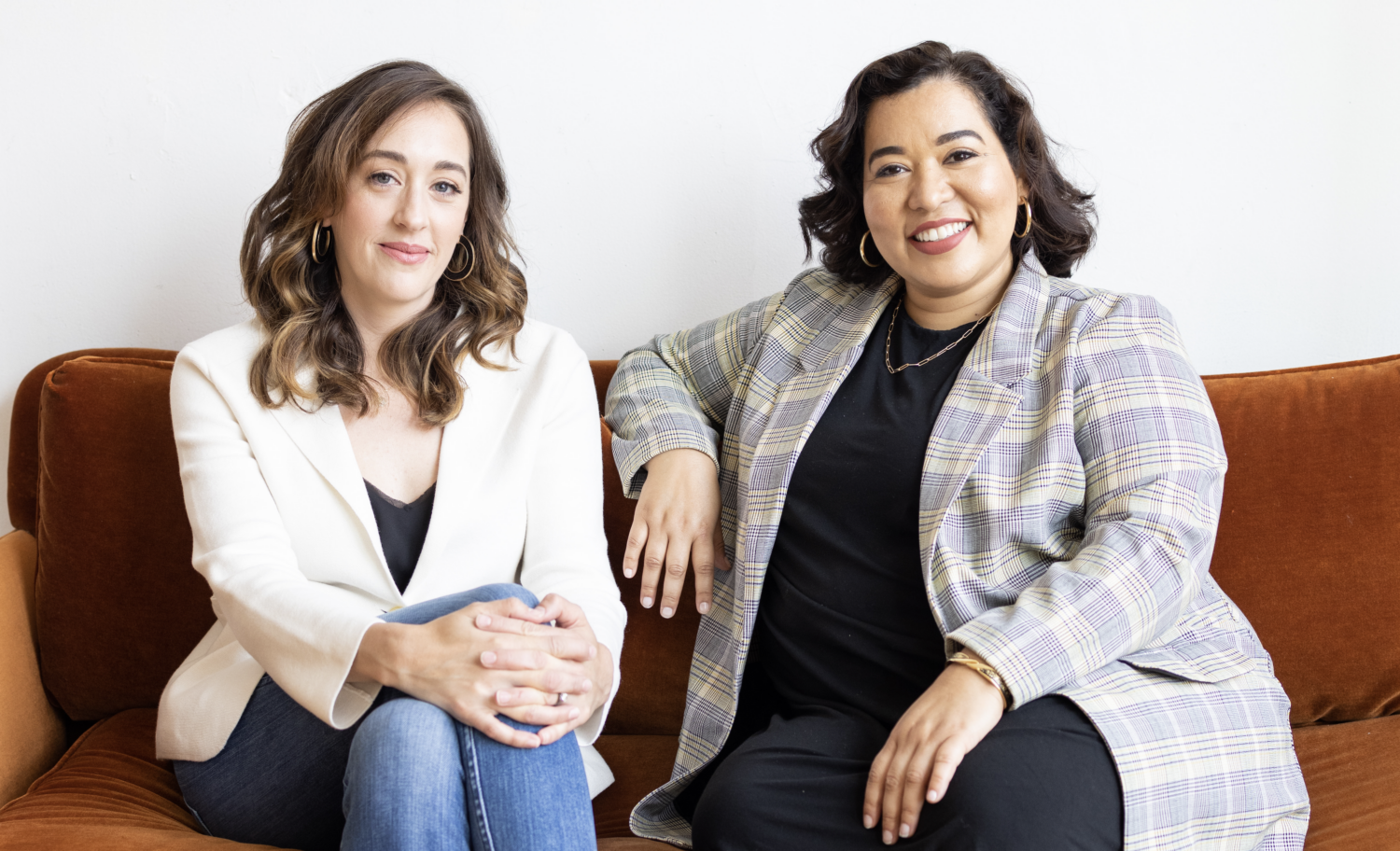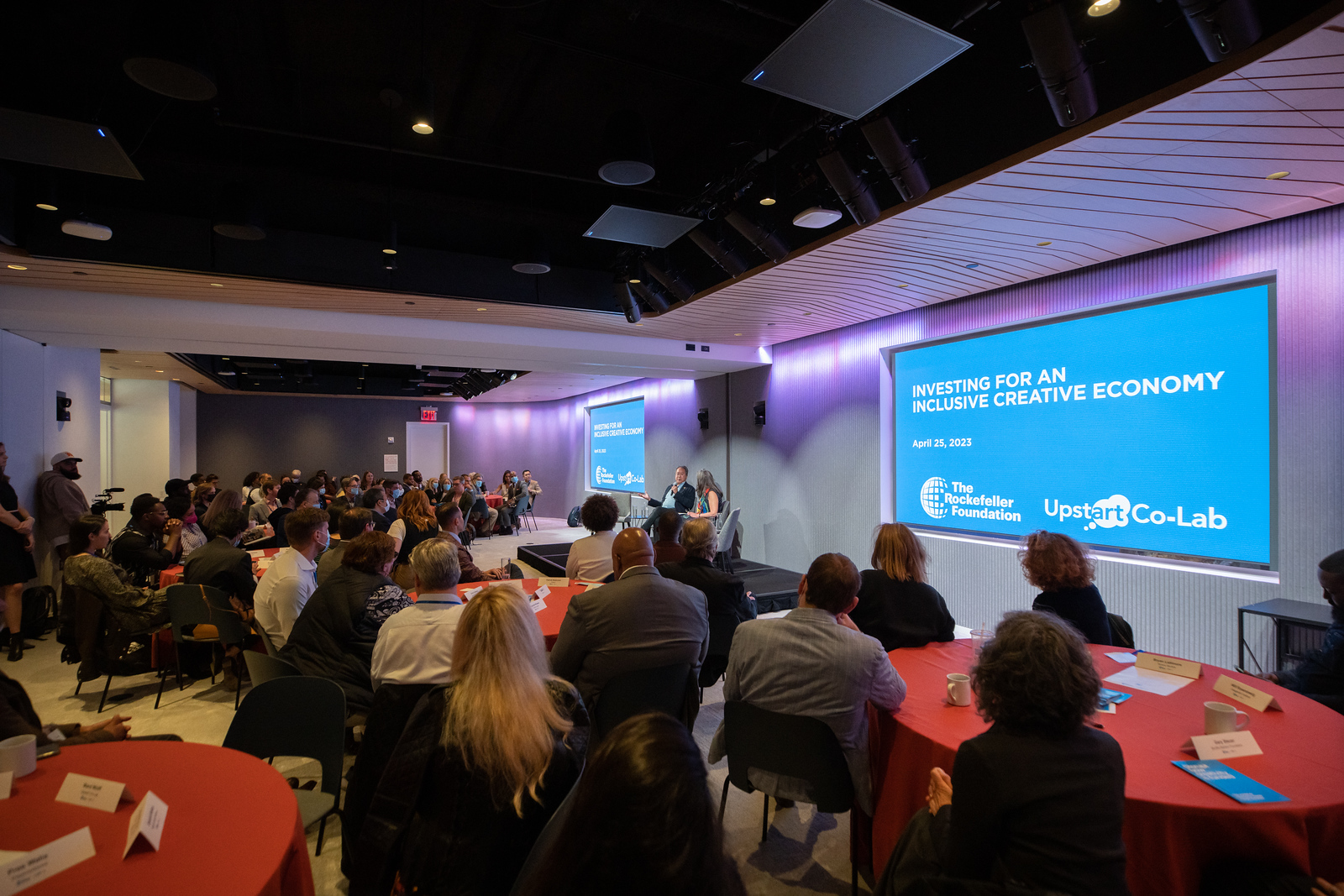Authentic food products can drive a whole lot of authentic demand.
That’s the food industry buzz after this week’s news that PepsiCo will acquire Siete Foods, the Austin, Texas-based maker of grain-free tortillas, better-for-you chips and dairy-free queso.
In a decade, the Mexican-American Garza family built the company from an Austin favorite to a national brand with $500 million in annual revenue and distribution from Whole Foods to Walmart. By the time actress and entrepreneur Eva Longoria joined as an investor earlier this year, Siete had become the fastest-growing Latino food company in the country.
The deal from PepsiCo, which faced competition from private-equity firms as well as other food companies, values the company at $1.2 billion, according to The Wall Street Journal. “It’s possible to build a thriving brand that honors our heritage and celebrates our culture,” said Siete’s Miguel Garza.
From food to fashion, authenticity is winning.
Lucky seven
Family first, family second, business third, became Siete’s ethos.
When Veronica Garza, Miguel’s sister and cofounder, developed an autoimmune condition that left her unable to eat most Mexican foods, the whole family took up the paleo diet, cutting out grains, legumes and sugar. Veronica produced the company’s first product (approved by her Mexican grandmother): a paleo-friendly tortilla made with almond flour. Today’s slate of products contain less sodium, saturated fat and sugar than most of their competitors.
“We had been producing this tortilla and it was authentic because this is what we grew up eating,” Miguel told Guy Raz on the How I Built This podcast.
By the time they started to meet with investors, the mission was clear. “We are building a billion-dollar, iconic Mexican-American food brand,” Miguel said he told private equity firm Stripes Group, which invested $90 million in 2019. Stripes Group’s response, according to Miguel: “That’s exactly why we want to partner with you because we also see that opportunity.”
Siete had earlier raised $1 million from Austin angel investors and a natural foods broker based in Chicago, and gone through the SKU, a consumer products accelerator in Austin.
Why Siete, Spanish for seven? That’s the number of people in the Garza family – all of whom work at the company.
Broad appeal
PepsiCo “believes in the spirit and authenticity of the Siete brand,” said PepsiCo CEO Ramon Laguarta. The deal sent signals to food, consumer and impact startup markets.
Siete is “an amazing success story for so many startups – scaled heavily but kept authenticity,” Justin Yeager of beverage startup Good Idea told ImpactAlpha in Austin. The wide distribution “is a signal of the brand’s wide and diverse audience,” Stealth’s Martin Forde wrote on LinkedIn.
Siete is “a great example of a family coming together to build around a great product that appeals to an ever growing healthier consumer habit,” added Andy Vargas-Hernandez of El Paso-based No Border Ventures. “An even better example of a growing consumer base from the Mexican-American market in the US.”
Authenticity, Siete’s secret ingredient, could well become a risk. “Brands that built their reputations on trust and authenticity risk losing everything when they sell out to giants like PepsiCo,” wrote social media strategist Giovanni Gallucci in “Siete Foods Sells Out.”
With a growing demand for healthier, real food, not going big carries its own risks. Ben & Jerry’s is considered to have maintained its commitment to its core values after being acquired by Unilever. Whole Foods has as well after being acquired by Amazon. Others, including Annie’s, acquired by General Mills in 2014, have seen their reputations struggle.
Siete is betting on another one of its mottos: Juntos es mejor. Together is better.












